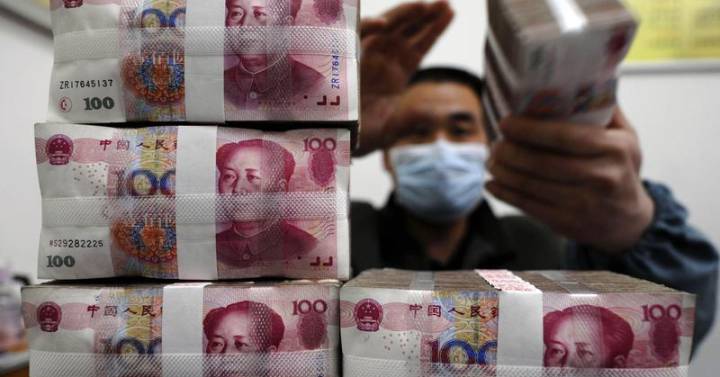In a recent article we noted that during the year that was ending almost all Latin American economies had rebounded from their losses in 2020, suffered due to the pandemic - with the exception of Cuba, which stood out for its 11% GDP drop.
The reason that Cuba fell harder, and is recovering worse, lies in the economic structure designed by the Government, which for a long period has invested more than half of its resources in developing tourism while neglecting sectors that could render the country more self-sufficient (even within Castroism's centralized structure), such as Agriculture, Light Industry and Commerce.
Today the island is extremely dependent on tourism to generate wealth with which to import and support consumption and production, a lethal combination in a world where both leisure travel and long-distance trade have been seriously affected. And there is no plan B! According to official statements, the hopes of growing 4% (a ridiculous figure) in 2022 are mainly based on tourism's recovery, but…
Let's go back to the beginning. Although we said that Latin America's economies (and, we can add the most important ones in the world: the USA, Europe, China, the UK and Japan) saw significant recoveries in 2021, we did not mention that they achieved this largely thanks to the unprecedented monetary stimulus measures taken by the central banks of those nations to bolster aggregate demand.
It is not necessary to go into data, which is striking, and frightening. The important thing to know is that this global economic growth based on the issuance of money (i.e. debt) is simply unsustainable.
Although the rise in consumer prices is making news in many places, and inflation is hitting highs not seen for decades, this is still merely a pale reflection of the true dimension of what the central banks injected, as most of the money, as usual, has gone to the stock market, and is fueling bubbles from China to the UK.
Not surprisingly, the top people at the most influential financial institutions (the Federal Reserve, Bank of England, European Central Bank, People's Bank of China), seeing the threat posed by inflation, and fearing a fall into a liquidity trap (when injecting more money has no effect on investments and consumption), are already announcing that in 2022 they will implement tapering policies; in other words, they will curb the quantitative expansion and other monetary policy tools they used to put the economy on steroids in 2021.
Some black swans (a financial expression referring to unexpected events having a great impact) are on the horizon and could, at any moment, unleash widespread panic during a period when the economic system cannot weather the kind of bailouts that were carried out during the crisis of 2008, since levels of national and private debt are much higher today than then.
For example, there are serious concerns about the health of the Chinese real estate sector; if it fails, it could drag down the banking sector of that country, which would spill over into others, since the Chinese government has maintained an aggressive foreign investment policy to keep its currency cheap. In fact, some of the largest Chinese real estate companies have already suspended payments, or are making them only in renminbi (yuan).
What there is no doubt about (one only needs to look at the growth forecasts for 2022) is that the world economy is going to slow down, and very significantly. If we are lucky, it will manage to land without crashing, but governments will be more handcuffed than ever, unable to carry out countercyclical policies after having burned their monetary and fiscal ships during the global pandemic.
How will this impending scenario affect Cuba?
Well, due to the fact that Castroism has destroyed national food production, practically eradicated the industry for internal consumption, and its greatest achievement is almost obliterating the country's bicentennial culture, identity and sugar industry, today the island is extremely exposed to the outside world, and does not have domestic reserves that might offset a decline in its exports, including tourism.
Due to the erratic economic behavior of the Castro government, when the world economy heated up due to the trillion-dollar monetary injection issued by central banks in 2021, Cuba was unable to take advantage of it, and remained stuck, growing a meager 2% while aggravating, to a frightening degree, its deficit. But now, if the rest of the world cools down, even a little, Cuba is going to freeze.

